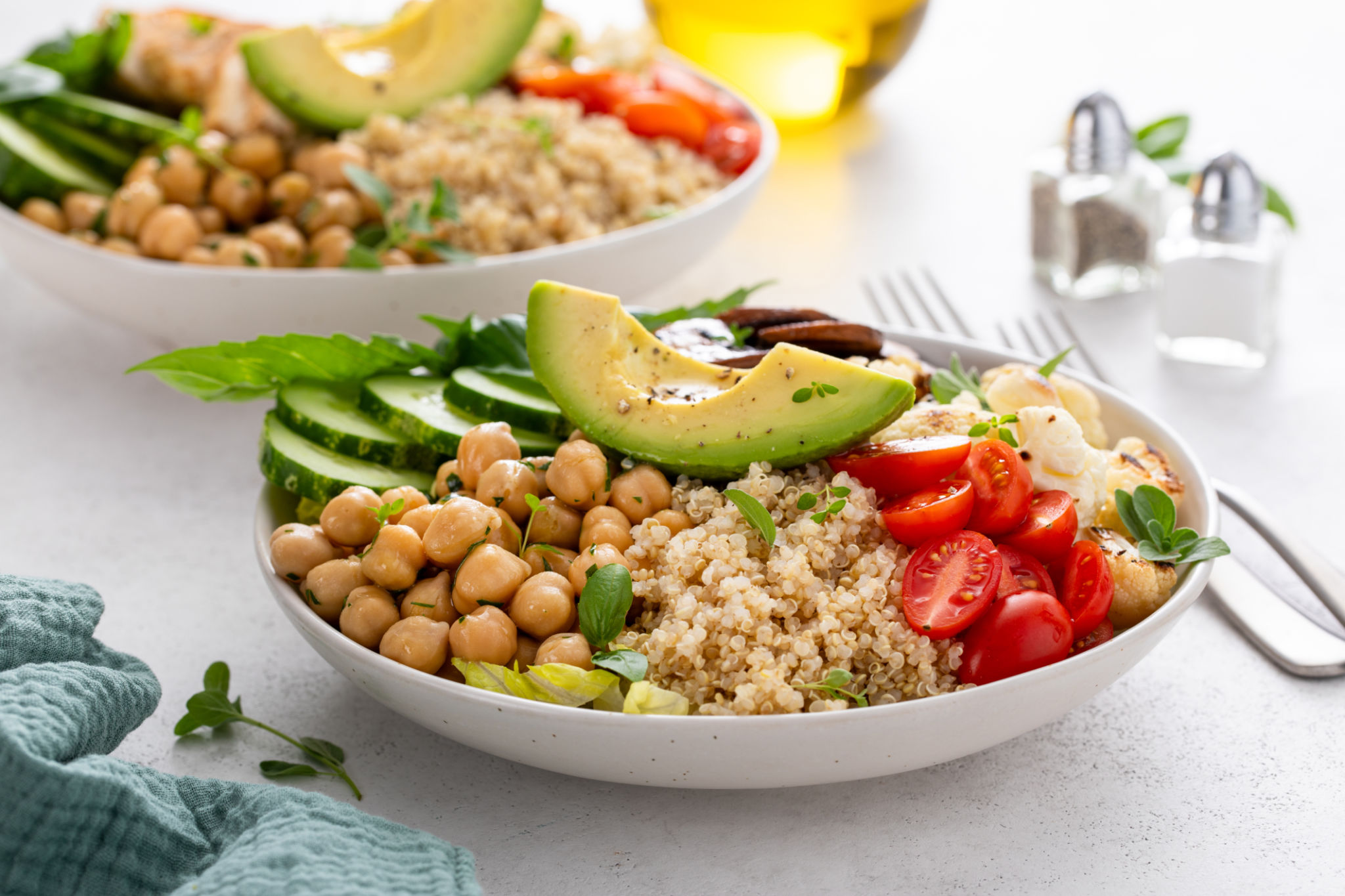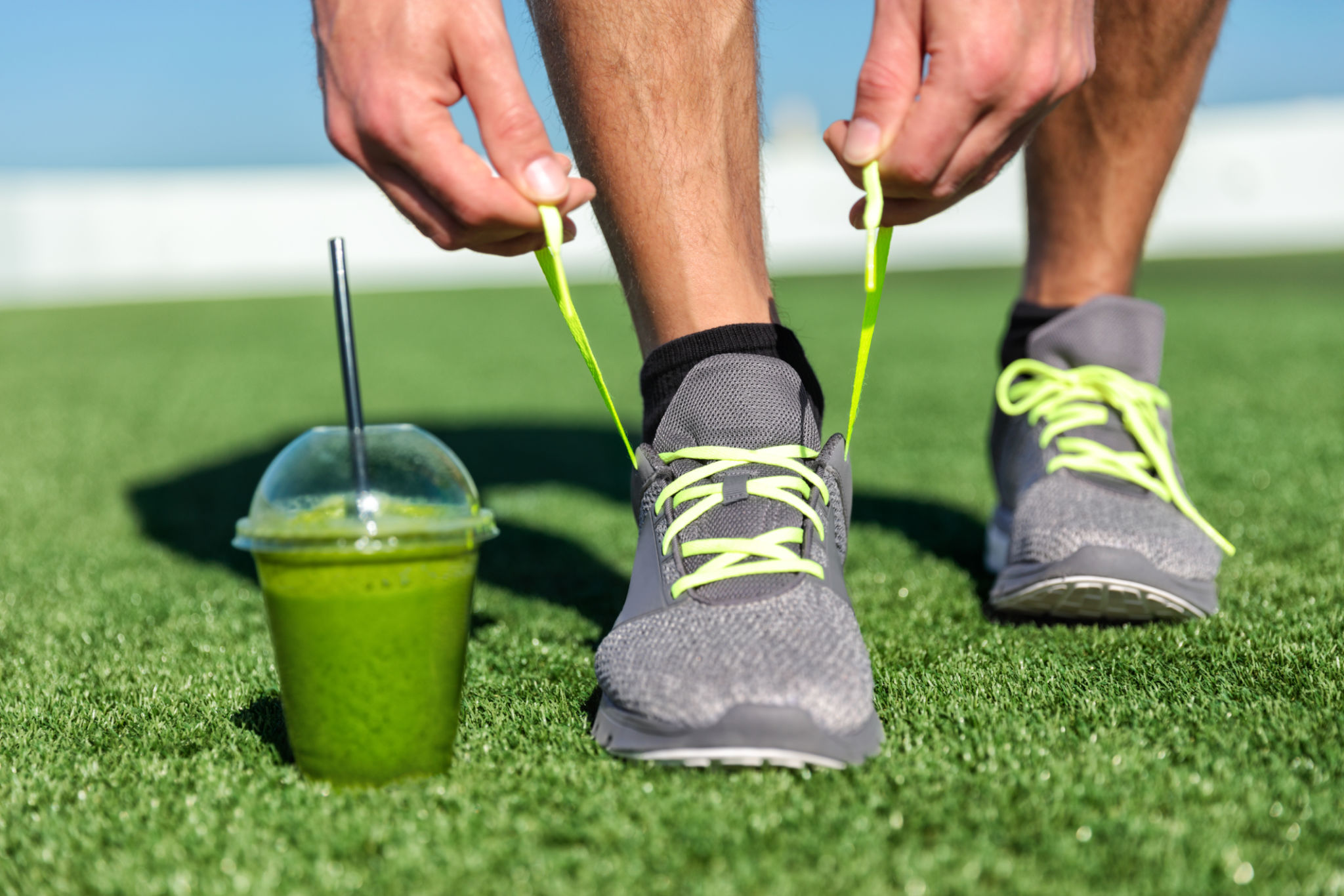Debunking Myths About Vegan Protein Sources
The Myth of Incomplete Proteins
One of the most pervasive myths about vegan protein sources is that they are "incomplete" and therefore inferior to animal proteins. This misconception stems from the idea that only animal products contain all nine essential amino acids in sufficient quantities. However, many plant-based foods like quinoa, soy, and buckwheat are indeed complete proteins. Moreover, combining different plant foods, such as beans and rice, can easily provide all essential amino acids.
It's important to highlight that the concept of protein combining is somewhat outdated. As long as a varied diet is consumed over the day, vegans can meet their protein needs without meticulously planning each meal. The body maintains an amino acid pool and can draw from this reserve to assemble complete proteins when needed.

Protein Quantity in Plant-Based Diets
Another prevalent myth is that vegan diets lack sufficient protein. This belief is largely due to the stereotype that vegans only eat salads or vegetables. In reality, there are numerous plant-based protein sources, such as lentils, chickpeas, tofu, tempeh, and seitan, which are rich in protein.
According to dietary guidelines, the recommended daily intake of protein for adults is about 46 grams for women and 56 grams for men. A well-rounded vegan diet can easily meet these requirements. In fact, many plant-based foods have a high protein content; for example, a cup of cooked lentils contains around 18 grams of protein.

The Digestibility Issue
Some people argue that plant proteins are less digestible than animal proteins, which could potentially limit their nutritional value. While it's true that certain plant foods contain anti-nutrients that can interfere with protein absorption, these can often be minimized through cooking methods like soaking, fermenting, or sprouting.
Moreover, the Protein Digestibility Corrected Amino Acid Score (PDCAAS) indicates that some plant-based proteins, such as soy and quinoa, have digestibility scores comparable to those of animal proteins. Therefore, with thoughtful preparation and a balanced diet, vegans can ensure they absorb adequate protein.

Protein Quality and Muscle Building
A common concern for athletes and fitness enthusiasts considering a vegan diet is whether plant-based proteins can support muscle building as effectively as animal proteins. The answer is a resounding yes. With proper planning and intake of high-quality plant proteins, vegans can achieve similar results in muscle growth and recovery.
Studies have shown that consuming a variety of plant-based proteins can provide all necessary amino acids for muscle synthesis. Additionally, supplements like pea and rice protein powders offer convenient options for increasing protein intake post-workout.

Busting the Soy Myth
Soy is often vilified due to misconceptions about its effects on hormone levels. Some believe soy might increase estrogen levels in men or affect thyroid function. However, extensive research has shown that moderate soy consumption is safe and does not cause hormonal imbalances.
Soy products like tofu, tempeh, and edamame are excellent sources of high-quality protein and provide additional health benefits thanks to their content of vitamins, minerals, and isoflavones. Including soy in a vegan diet can contribute significantly to meeting protein needs without adverse effects on health.